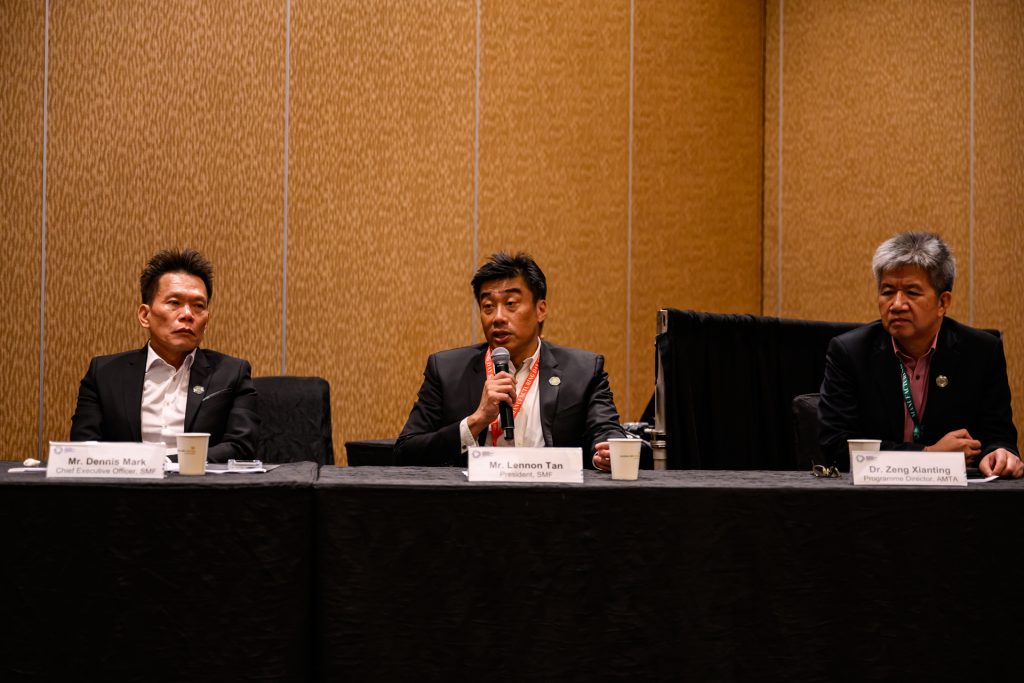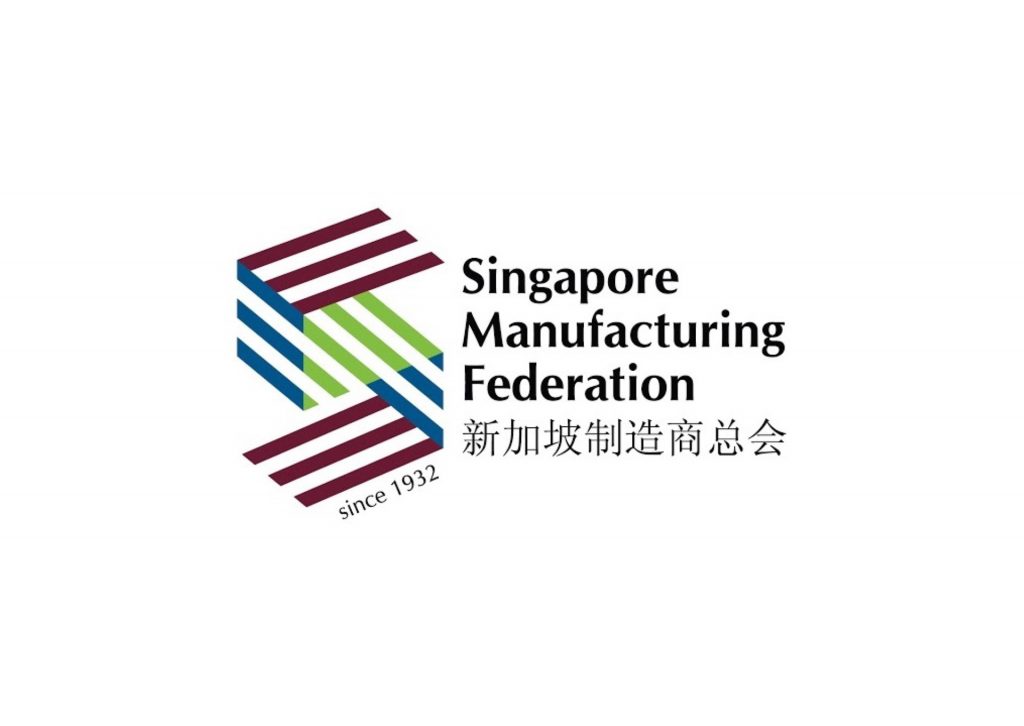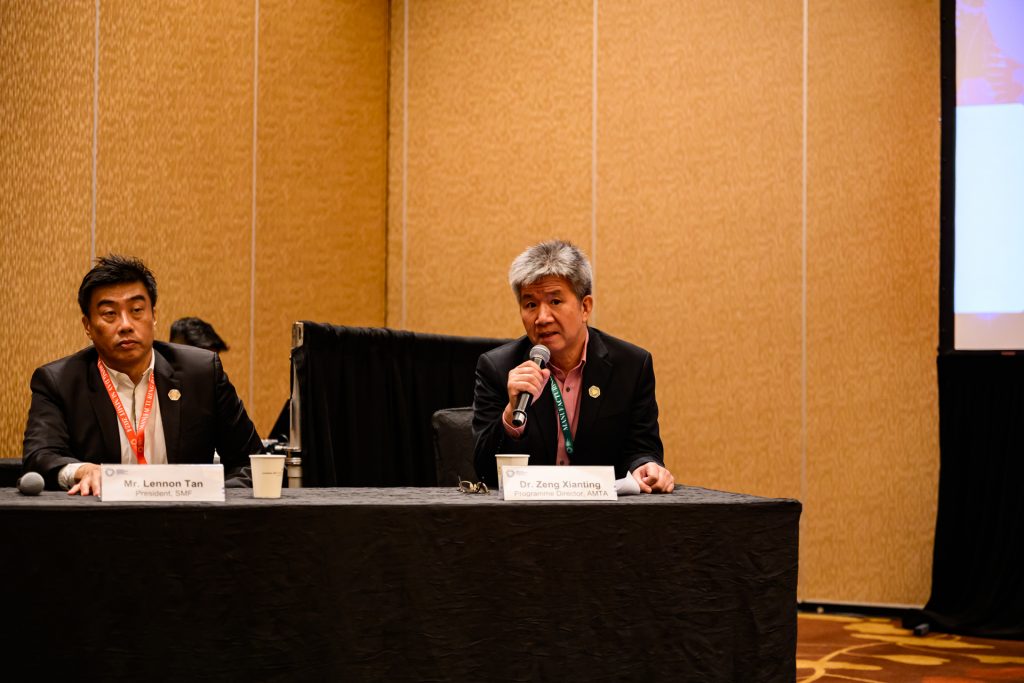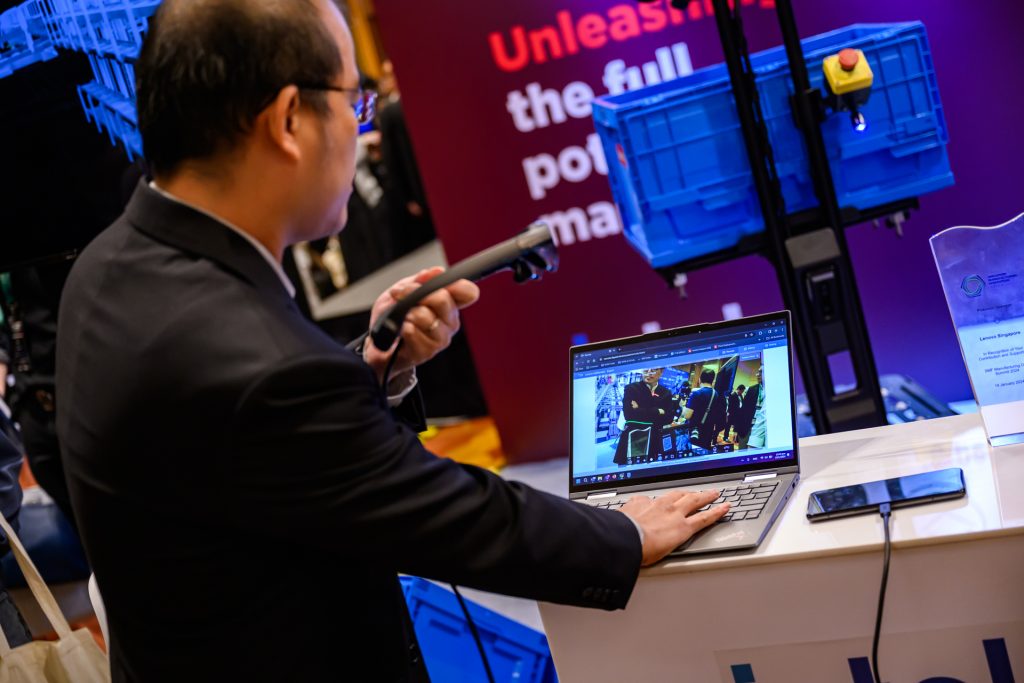Small and medium-sized enterprises (SMEs) are now being handed a lifeline by the Singapore Manufacturing Federation – a chance to swim rather than sink in the tides of sustainability and carbon footprint reporting.
The Singapore Manufacturing Federation (SMF) has recently unveiled a game-changer: the Chief Sustainability Officer (CSO) as a Service.
It’s a programme that helps local companies comply with the intricate tapestry of disclosure rules spun by their multinational partners, rules that scrutinise carbon footprints trailing behind their supply chains.
This plan is scripting a revolution for Singapore’s export-driven manufacturing sector, a sector that pumps the lifeblood into 22 per cent of our nation’s gross domestic product.

“Companies need to start reporting emissions numbers or risk losing out to competitors, as many of them are suppliers for international partners who will soon need to submit reports about the carbon footprint of their supply chain,” said SMF president Mr Lennon Tan, painting a picture of the new reality where reporting emissions numbers isn’t just good practice; it’s now a survival strategy.

Many SMEs find themselves at a crossroads, with resources too scarce to dedicate staff solely to the art of sustainability planning. It’s a conundrum that SMF understands all too well.
Their solution? Offering their in-house experts as guides, and mentors to work hand in hand with SMEs’ own CSOs. Together, they’ll chart out competent decarbonisation pathways, thereby assisting these companies.
This support scheme won’t be permanent in the SMEs either. They’ll only be around should the need arise for these companies.

Additionally, at the SMF Manufacturing Day Summit 2024 held at the Sands Expo and Convention Centre in Singapore, a new playbook was revealed.
This playbook is the first of its kind for a manufacturing sub-sector, a guide conjured by the Advanced Manufacturing Training Academy (AMTA) and SkillsFuture Singapore.
It serves as a guide for firms navigating transformative challenges – disruptive technologies, rising costs, intense competition, and the shadow of supply chain disruptions cast by geopolitical uncertainties.

AMTA director Zeng Xianting said the new playbook encompasses six key roles, ranging from operators to specialists and engineers. The guide serves to provide a detailed breakdown of essential role changes, as well as new skill proficiencies necessitated by inbound disruptive technologies.
“This playbook aims to allow industries to maintain their competitive edge by providing clear strategies for job specialists to adopt new competencies,” Dr Zeng added.

Mr Alvin Tan, Minister of State for Trade and Industry and Culture, Community and Youth, added “In today’s age of intense competition, Singapore must continue to invest significantly in research, innovation and enterprise efforts.”
“There are new opportunities amidst these global shifts too, that will allow Singapore to maintain and even enhance our attractiveness as a manufacturing hub.”
Like this article? Check out more lifestyle features here.






